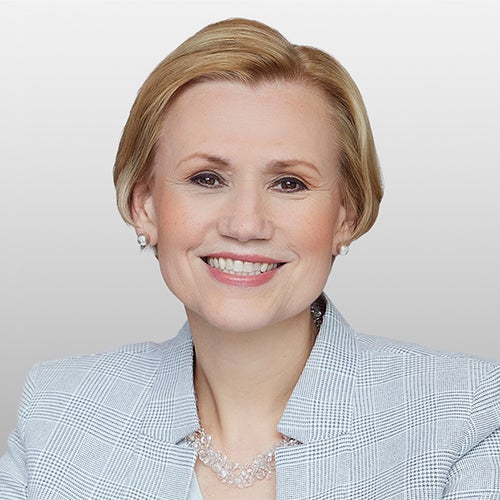The first round of legislative elections took place in France on Sunday 30 June 2024 and exit polls/initial results confirm what opinion polls had suggested.
Marine Le Pen’s National Rally (RN) and allies gained the most votes (around 34%), with the far-left New Popular Front (NPF) alliance in second (around 29%) and President Macon’s centrist Ensemble in third (20%).
The first round was to decide which candidates will go forward to the second round in each of 577 constituencies. Only candidates with more than 12.5% of the first-round vote qualify to advance to the second round, and those gaining more than 50% are automatically elected.
Initial seat projections from Ipsos suggest that RN will win 230-280 seats, just short of the 289 needed for a majority. The NPF is expected to gain 125-165 seats and Ensemble is expected to gain 70-100 seats. We would note that such projections are hazardous and uncertain at best.
It is not clear that any party will gain a parliamentary majority, especially since the President has appealed to the electorate to block the far-right RN. Further, Jean-Luc Mélenchon (leader of the NPF alliance) has asked his candidates who came third in constituencies led by the RN to step down (in order to block the RN, by helping to swing second-round votes in these constituencies to non-RN parties, rather than split the anti-RN vote between centrist and leftist candidates).
The second round takes place on Sunday 7 July and the outcome is far from clear. In the table below we consider three possible scenarios. A far-right majority, far-left majority, and a temporary administrative solution, such as the nomination of a technocratic government, or alternatively a continuity cabinet of some kind (a government must be formed from the new parliament because there cannot now be another election for at least 12 months).
We suspect the latter solution has the highest probability and believe this would be the most reassuring outcome for financial markets and trigger a bit of a relief rally. Both far-right and far-left governments would likely boost the already large fiscal deficit and would worsen relations with the EU.
However, the relief may be short-lived, as Marine Le Pen appears to have a good chance of being elected president in mid-2027, supported by a far-right government. Furthermore, if a continuity or technocratic government is stymied by a strong RN or held back in being beholden to the NFP, President Macron may dissolve the National Assembly and call another early election after a year. A scenario being discussed in some political circles. The uncertainty may not be resolved fast. Of course, a lot can change in three years but for now all eyes are on the second round on 7 July.








